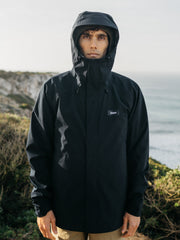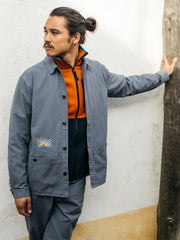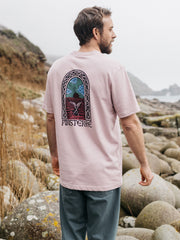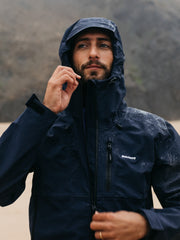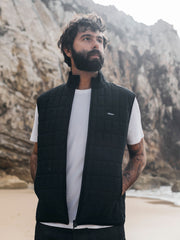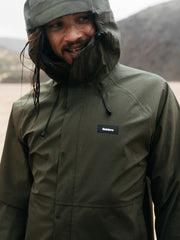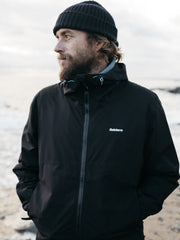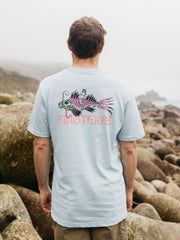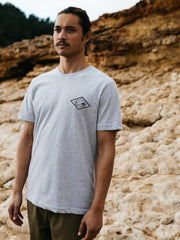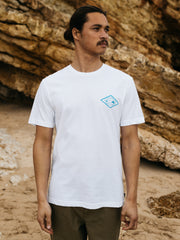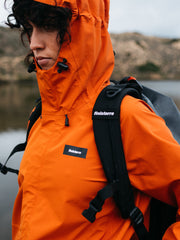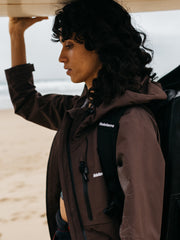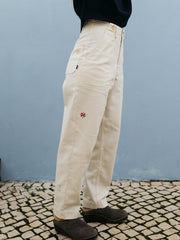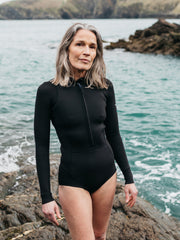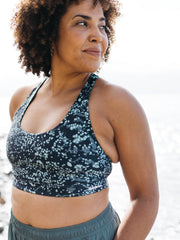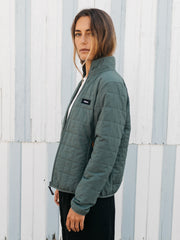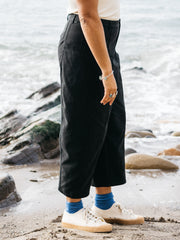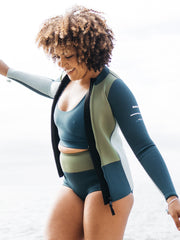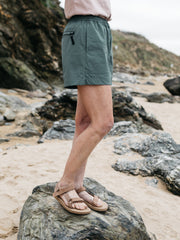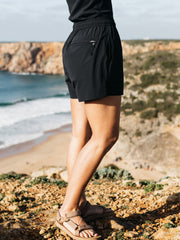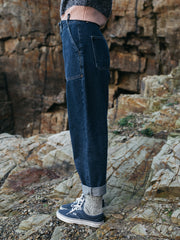First and foremost, if you’ve clicked this far, thank you, and welcome. If you’re already an extended member of the queer community and feel at home, you will know that this is the place if you want to feel safe and free to be in your own skin. If this is your first time entering a queer space, thank you again for taking your first steps into what can often be an intimidating new arena. The first thing to know is that everybody makes mistakes, but good intentions, kindness, empathy and a willingness to learn are the only qualities you need to become a good ally. That’s the crux of it.
Even as a member of the community, I’ve made mistakes by using the wrong terminology in the past. It can happen when we're upset and trying to do the right thing. The difference between bystanders and allies is that allies learn from these mistakes and educate themselves to better support the LGBTQIA+ community.
The following nuggets of advice are just a starting point for you to feel less like you’ve put your foot in it, when you only wanted to make someone feel welcome. This will hopefully help you on your journey to being an ally and create beautiful new connections with like-minded souls, as well as helping you compare how you already show up and where you don’t, but can.


